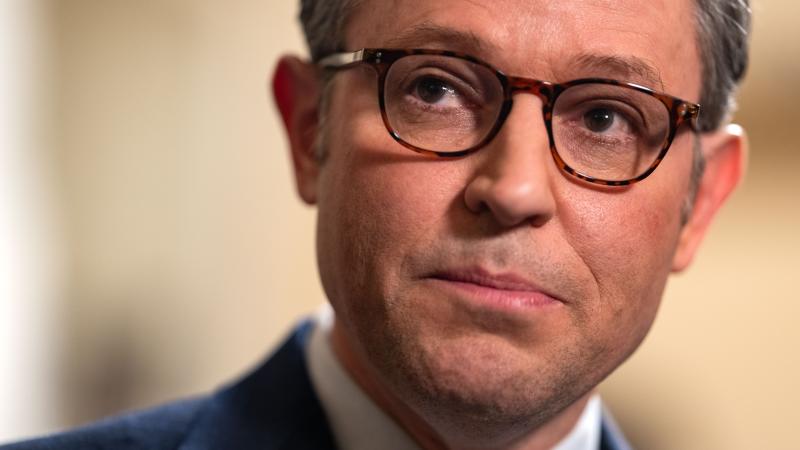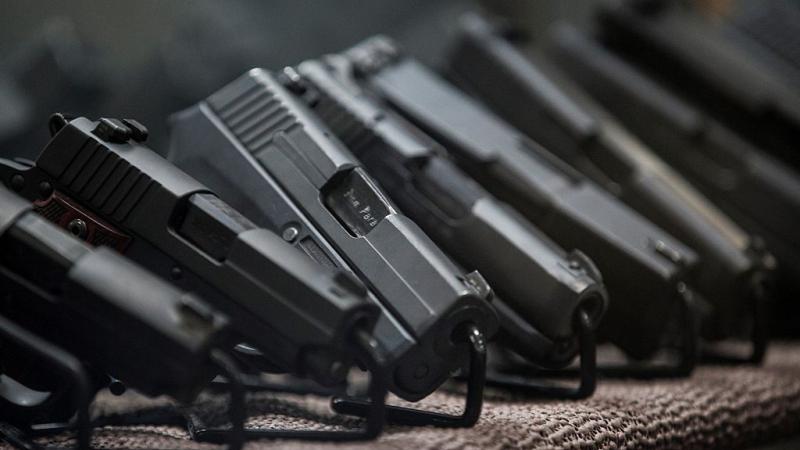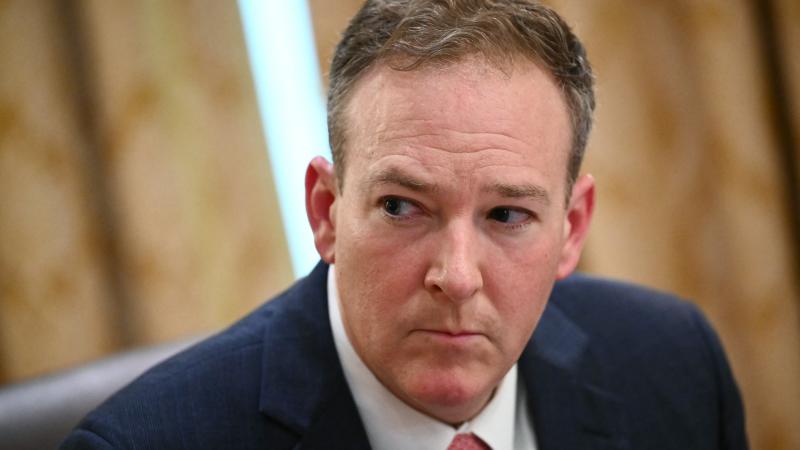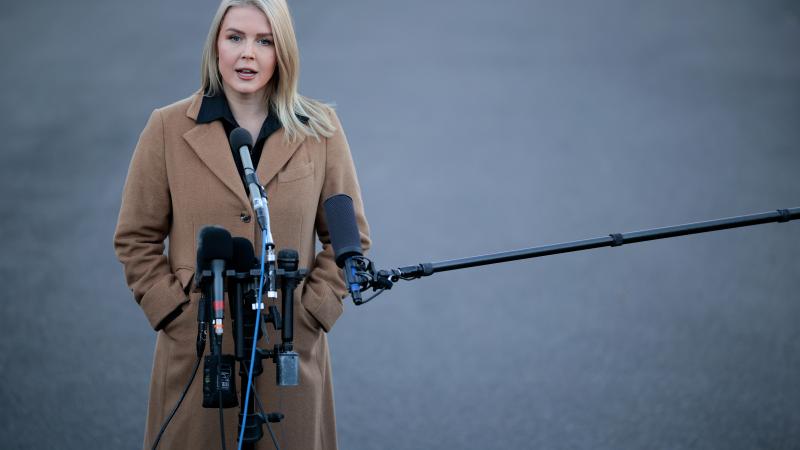Bill would ban sale of 90% of firearms in Washington, gun group warns
"The bottom story is they don’t want guns in the state of Washington," a Gun Owners of America regional director said. "Their whole motive is to disarm everybody from any weapon they want to have."
The Washington Senate Law & Justice Committee is scheduled to vote next week on House Bill 1240 creating a state definition of “assault weapon,” which the Gun Owners of America, or GOA, says would apply to most firearms.
One of the reasons is due to the definition of assault weapons in the bill. Although the bill specifically lists 62 rifles by name "regardless of which company produced and manufactured the firearm," the ban also applies to any semi-automatic rifle with a barrel length less than 30 inches. The gun barrel is the section of a firearm between the action and the muzzle.
Because of this and other firearm restrictions in the bill, GOA Regional Director Monte Bowen told The Center Square that an estimated 90% of firearms would be illegal to sell and purchase. Due to the bill's grandfather clause, it would also be eventually illegal to own them.
"The bottom story is they don’t want guns in the state of Washington," he said. "Their whole motive is to disarm everybody from any weapon they want to have."
The bill’s intent language states that all weapons that fall underneath the definition of “assault weapons” are “like M-16s, thus are ‘weapons most useful in military service.'”
Speaking on March 8 during debate over HB 1240, Rep. Joel McEntire, R-Cathlamet said to colleagues on the House floor “what does it mean to be ‘like’ an M-16?” A military veteran, McEntire added that “there’s nothing in here that gives a strict definition. It is a rat’s nest of interpretation.”
Bowen said that “the thing people don’t realize is…the real definition of an assault in the military is a fully automatic weapon. We can’t even own those weapons, but their law [HB 1240] goes into so much more. The way they wrote it up, it even gets into commonly used hunting rifles. Most hunting rifles, most of your sporting rifles are 26 inches [barrel length] and down.”
According to Rifle Shooter magazine, most rifles are between 21-24 inches, and anything longer than 26 inches is “uncommon.”
The bill's definition of "assault weapon" includes rifles with the capacity to use a magazine with 10 or more rounds, regardless of caliber size. HB 1240 also prohibits pistols with a threaded barrel that allows for the use of a suppressor, also regardless of caliber size.
The bill’s intent section states that “assault weapons are not commonly used in self-defense and that any proliferation is not the result of the assault weapon being well-suited for self-defense, hunting, or sporting purposes.”
However, Rep. Dan Griffey, R-Allyn, told colleagues during the March 8 House floor debate that statement “is factually inaccurate. They’re very used in sporting activities. Many of the weapons on that list are very well suited as hunting rifles.”
While the bill’s intent section says that “gun violence is a threat to the public health and safety of Washingtonians,” rifles are used in a fraction of murders in Washington state. According to data from the Washington Association for Sheriffs and Police Chiefs, between 2015-2021 there were 1,593 murders. Of those, just 20 or 1% were committed with a rifle. Fists and feet were used to kill 108 or 6.7% of victims. The most used weapon was a handgun, which was used in 415 or 28% of murders.
On average, almost half (48%) of murders occurred at a residence, and 61% of victims were known by the perpetrator.
The proposed law would also prohibit a wide of variety of gun accessories, including a thumbhole stock, an open section of a rifle butt that allows the user better grip.
Other accessories prohibited include: folding stock, recoil compensator, a shroud to shield the user’s hand from barrel heat, and a grip that is “conspicuously beneath the action of the weapon.”
"The Supreme Court is going to have to pull the trigger and make an example," Bowen said.
The state Senate Law & Justice Committee is scheduled to vote on the bill on March 23.













